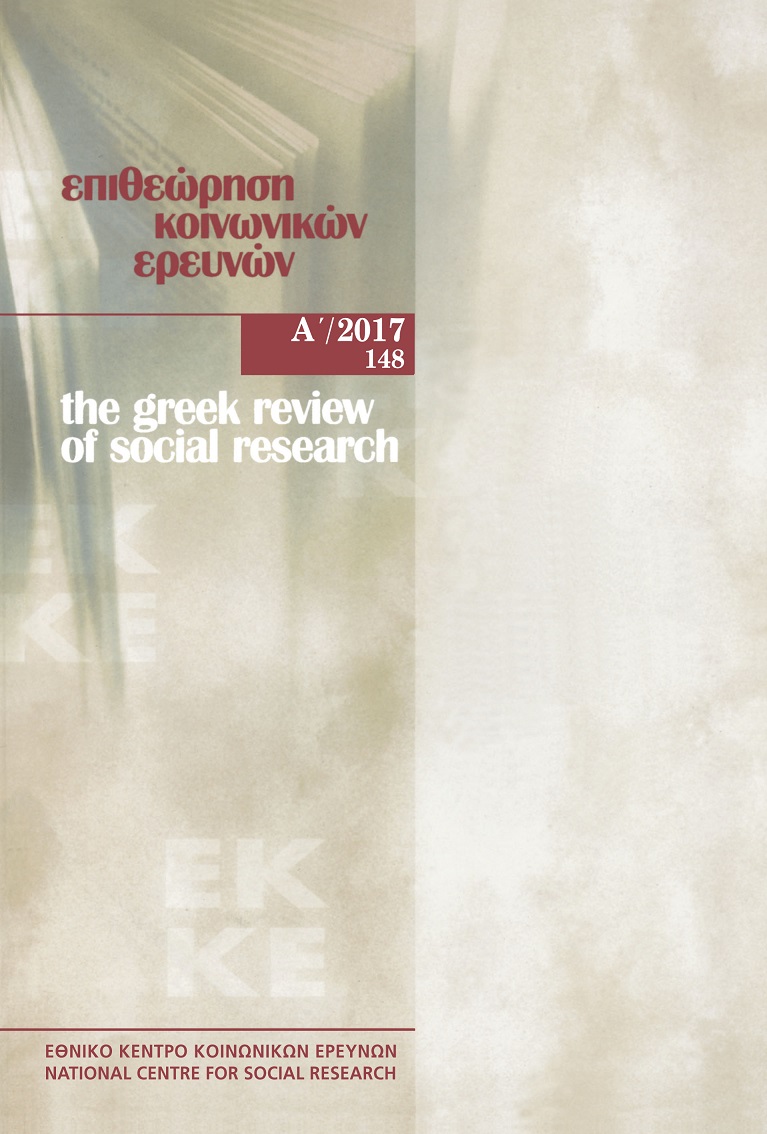Post-metaphysical thinking and religion: Practical reason, solidarity and the dialogue between philosophy and religion as a political task

Abstract
In my paper I develop a critical account of Habermas’s recent turn to religion in the theoretical context determined by the concept of post-secular society. In my view the dialogue between post-metaphysical thinking and religion has to be understood as a political task. More specifically this dialogue aims to the reevaluation and extension of practical reason’s normative claims and has to be conceived as a response to the uncontrolled modernization which undermines social solidarity and leaves no place for the autonomy of practical reason. Furthermore I outline a critique of Habermas’s main theoretical strategy in regard to the problem of motivation of practical reason and the question of mediation between theory and praxis in the context of a critical theory of society.
Article Details
- How to Cite
-
Kaltsas, S. (2017). Post-metaphysical thinking and religion: Practical reason, solidarity and the dialogue between philosophy and religion as a political task. The Greek Review of Social Research, 148, 75–103. https://doi.org/10.12681/grsr.14710
- Issue
- 2017: 148
- Section
- Articles

This work is licensed under a Creative Commons Attribution-NonCommercial 4.0 International License.
Authors who publish with this journal agree to the following terms:
- Authors retain copyright and grant the journal right of first publication with the work simultaneously licensed under a Creative Commons Attribution Non-Commercial License that allows others to share the work with an acknowledgement of the work's authorship and initial publication in this journal.
- Authors are able to enter into separate, additional contractual arrangements for the non-exclusive distribution of the journal's published version of the work (e.g. post it to an institutional repository or publish it in a book), with an acknowledgement of its initial publication in this journal.
- Authors are permitted and encouraged to post their work online (preferably in institutional repositories or on their website) prior to and during the submission process, as it can lead to productive exchanges, as well as earlier and greater citation of published work (See The Effect of Open Access).


